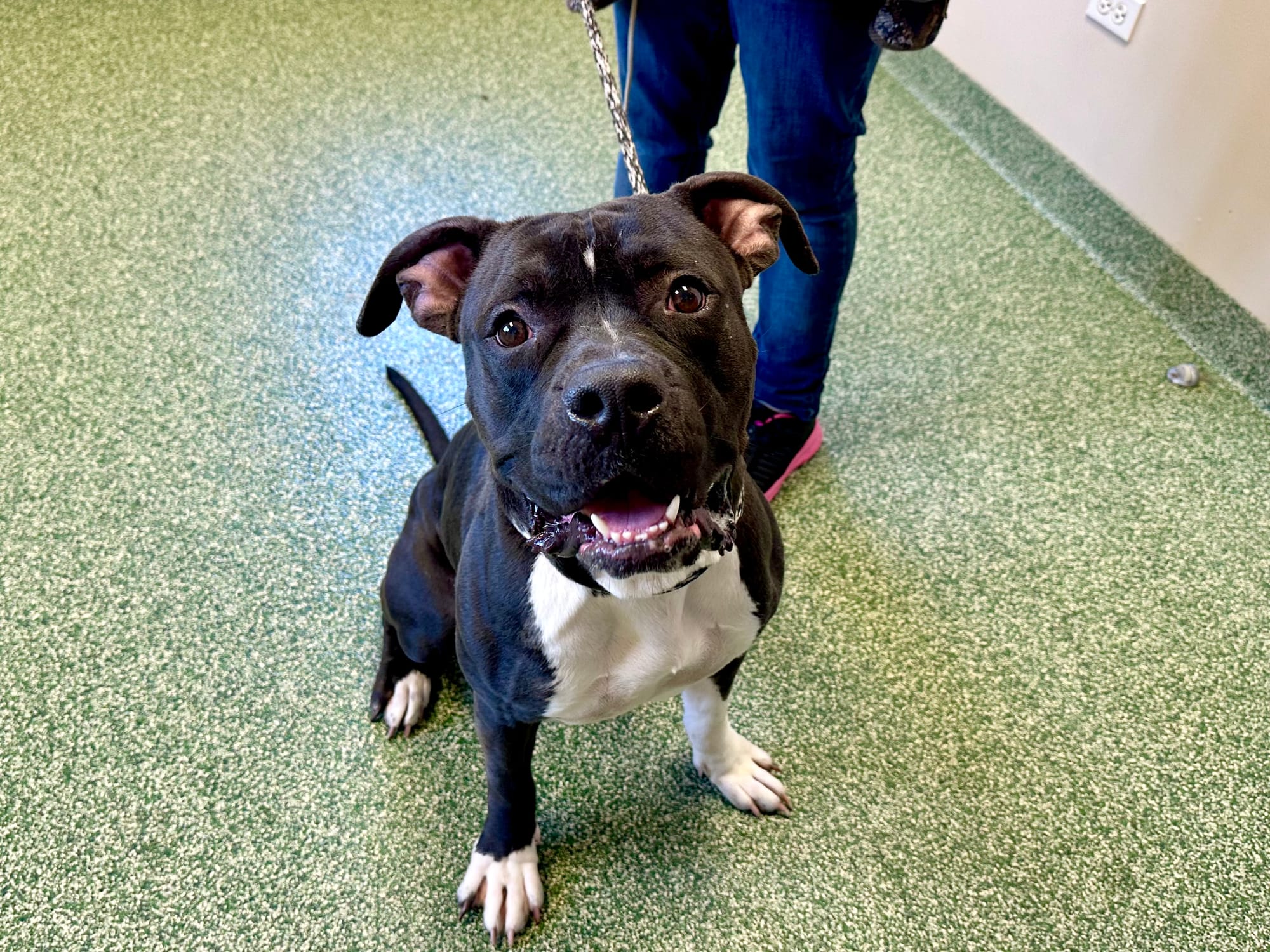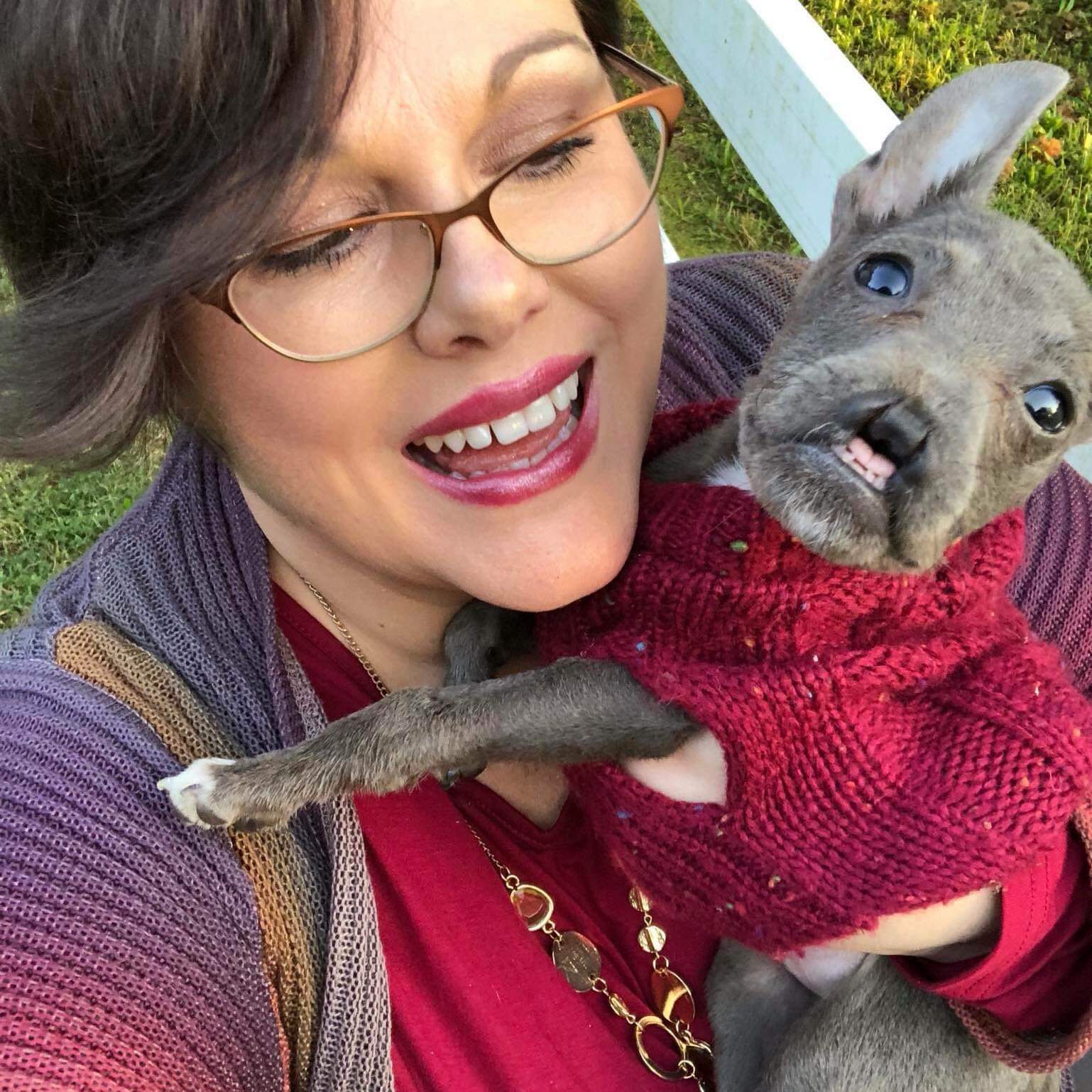Welcome to the ultimate destination for celebrating the unsung heroes of the dog rescue world. At Rescue Spotlight, we're dedicated to highlighting the remarkable journeys of rescue organizations and the incredible individuals behind them.
Whether you seek heartwarming tales of second chances, inspiring stories of rescue missions, or practical insights into the world of dog adoption, you'll find it all here.
Today, we're privileged to interview Louise Hatcher, one of the devoted people behind Three Dog Night Rescue (TDNR Corp.) You can find a direct link to their Instagram here.
Here is their story:
What inspired you to start or become involved with this rescue organization?
Hatcher: I founded Three Dog Night Rescue, now TDNR Corporation, back in 2021 while I was a student at UGA. In the fall of 2020, I adopted a dog for the very first time. He is weird, stubborn, and insanely lovable, a trifecta that has forever changed my life. He inspired me to start a rescue, a ‘different kind’ of rescue, that is completely volunteer based, education focused, and supportive of ethical, preservation focused, breeders. While all of our dogs are rescues, often coming from situations of neglect, abuse, and overcrowded shelters, our mission involves advocating for the overall wellbeing and prosperity of the species. Ethical breeders are part of that mission as well.
Can you tell us about a particularly memorable rescue mission or adoption story that stands out to you?
Hatcher: In May of 2023, we received notice of a neglect situation. On the property there were 13 puppies and 2 adult dogs. Most were emaciated, tied together, with fleas, open wounds, and scrap metal scattered all over the property. The mother dog had a collapsed trachea due to her collar eating into her neck. We brought them food, dewormed them, and began to formulate an evacuation plan. In the next 24 hours, absolute horror took place. The wife of the homeowner took coil cleaner, a chemical more corrosive than battery acid, and poured it upon a sleeping puppy. The husband reluctantly called me, saying the 5-month-old puppy is now "ugly," and he could keep her until her hair grows back. I immediately got her and rushed her to the emergency hospital. Her skin was falling off and adhering to my clothes. We named her Alice, as she never had a name before. With 3rd and 4th-degree burns covering her body, she was in septic shock. She was stabilized in Atlanta, then I drove her to UGA Vet Emergency Burn Unit where she stayed for two weeks. After multiple procedures she came home with me, as my "foster." I adopted her shortly after, and we have been navigating her PTSD ever since. She is now physically so healthy, and has inspired me to pursue Behavioral Veterinary Medicine.
What are some of the biggest challenges you face as a rescue organization, and how do you overcome them?
Hatcher: Nothing is "comfortable" about rescue work. There are so many things you cannot control, although you desperately wish you could. Living in the uncomfortable pushes each of us who work at the rescue to be stronger, more resilient humans. I don't think any of us realized how it would affect us, but I can confidently attest that it is the most rewarding occupation.
How do you select the dogs that your organization takes in, and what criteria do you use for adoption?
Hatcher: We primarily take in puppies and mamas. The issue is, the most vulnerable, the weakest, and the most expensive, aka mamas and puppies, have the most to lose in high volume shelter settings. I wanted to set the dogs we take in up for a lifetime of success and happiness, and getting them in as early as possible allows us to do that. For adoption, we operate in a multistep process: initial application, interview, background check, home inspection, vet recommendation, and then our fosters get to meet them! If everything exceeds our standards, and it is a great fit, adoption will take place! It may be more unconventional, as it is a lengthier process, we find it extremely important. Out of 520 dogs saved in the past 2.5 years, only 3 have come back to us, which is part of our contract we make all adopters sign.
In what ways do you work to rehabilitate and socialize dogs before they are adopted?
Hatcher: We work with an expert team of trainers, Mirror Image K9. We pay for their services to train our fosters as well as our board members to be fully prepared for any behavior needs that come our way. We provide a standard training guide, including foundational skills, socialization checklist, walking guides, and crate training to each of our fosters. We check-in daily for progress reports, and schedule one-on-one private lessons at Mirror Image Canine's facility if a pup needs some extra TLC. If a pup is dealing with a behavior abnormality, we keep them in foster care until they have learned adequate coping skills to set them up for success in their forever home.
What role do volunteers play in your organization, and how can people get involved?
Hatcher: None of us get paid, so in theory we are all volunteers! We encourage people of all ages, including children, to get involved, as we believe everyone can benefit from the relationship fostered with animals and volunteering. Anyone can apply on our website to get involved. Positions include dog walkers, transportation, watchlist volunteers, fosters, board members, and socialization buddies.
Can you share some success stories of dogs who were once in your care and have now found loving forever homes?
Hatcher: Gosh, we have so many happy tales! I would say, my foster puppy Shay, who was a critical care newborn has an amazing success story. She was infested with hookworms, in hypothermic shock, and needed multiple blood transfusions as part of her care. We nursed her back to health in my home, and as a cattle dog mix, we knew we wanted somewhere she would thrive fulfillment wise. Luckily, a family who own a cattle farm came forward. She is now a strong healthy indoor dog that daylights as a working dog, herding cattle, nipping their heels like the little shark she is.
How does your organization collaborate with other rescues, shelters, or animal welfare organizations?
Hatcher: We love working with other rescues and organizations! Whether it be transporting other rescues' dogs if our transport is available, throwing combined fundraisers, or providing our educational resources to any shelter or rescue that hopes to learn more, we believe that fostering a positive environment within the animal welfare community to be crucial.
What initiatives or programs does your rescue have in place to promote responsible pet ownership and prevent pet homelessness?
Hatcher: We provide free training resources, as well as free professional nutrition advice from Board Certified Nutrition experts to the general public. We are currently working on a huge project that will launch in March about nutrition and its importance. Preventing pet homelessness is quite the feat, as it seems never-ending. We take in owner surrenders frequently, and will always make sure there are options available, even if not through us- we will reach out to other rescue organizations as a favor, all to prevent pet homelessness. I also go to schools to speak about pet ownership and the current pet homelessness crisis.
Looking ahead, what are your organization's goals and aspirations for the future?
Hatcher: I plan to attend Veterinary School, growing our organization through partnering potential vets with other rescues, as well as low-income areas with low-cost veterinary care, especially low-cost spay and neuter facilities. We hope to rebrand what rescue looks like, less about pity and more about resilience/hope. I think rescues should be shown as the dogs we know and love, sure recognizing their trauma, but also acknowledging that it does not define them.






